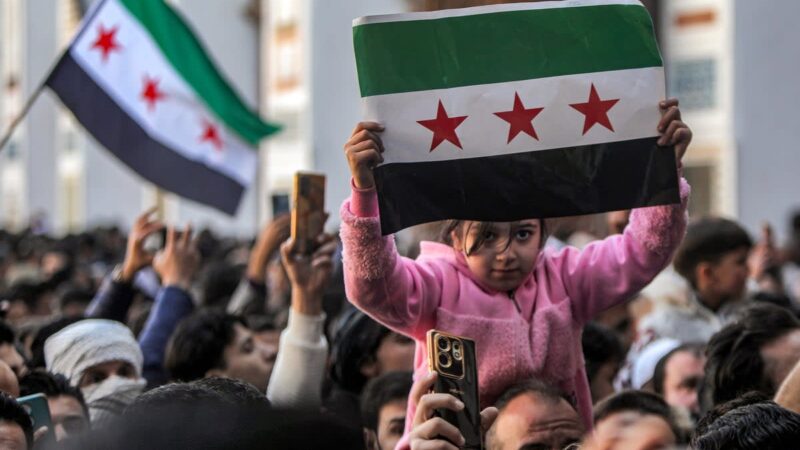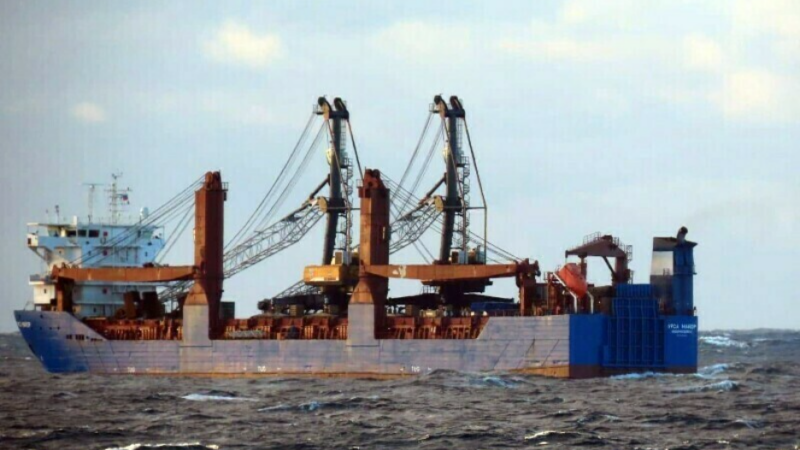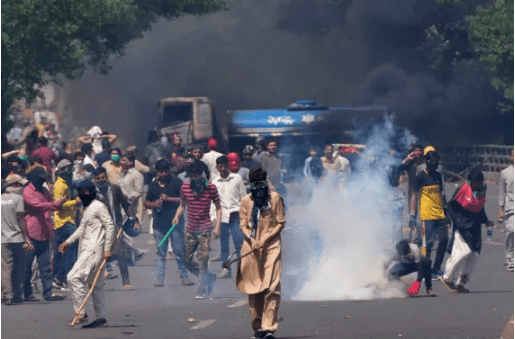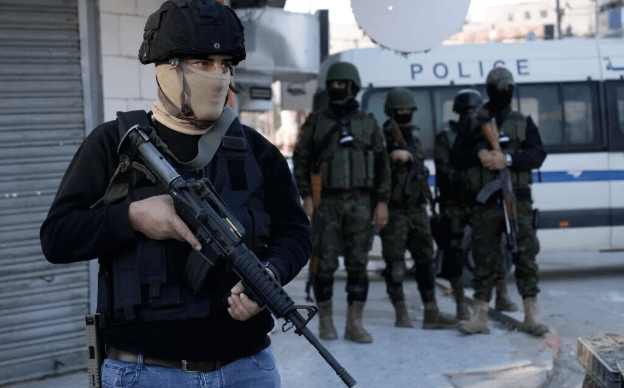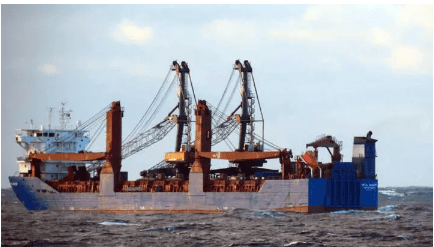Iran enriched uranium stockpile almost 8 times its limit in 2015 deal: UN atomic watchdog
Advertisement
The United Nations’ atomic watchdog agency on Friday said that Iran has continued to increase its stockpiles of enriched uranium and remains in violation of the “Joint Comprehensive Plan of Action” deal with world powers.
The agency said that as of May 20, Iran’s total stockpile of low-enriched uranium amounted to 1,571.6 kilograms (3465 pounds), up from 1,020.9 kilograms (2251 pounds) on February 19.
Iran signed the nuclear deal in 2015 with the United States, Germany, France, Britain, China and Russia. Known as the Joint Comprehensive Plan of Action (JCPOA), it allows Iran only to keep a stockpile of 202.8 kilograms (447 pounds).
The International Atomic Energy Agency reported that Iran has also been continuing to enrich uranium to a purity of 4.5%, higher than the 3.67% allowed under the JCPOA. It is also above the pact’s limitations on heavy water.
The nuclear deal promised Iran economic incentives in return for the curbs on its nuclear program. However, since President Donald Trump pulled the U.S. out of the deal, Iran has been slowly violating the restrictions.
According to the Washington-based Arms Control Association, Iran would need roughly 1050 kilograms (1.16 tons) of low-enriched uranium – under 5% purity – and would then need to enrich it further to weapons-grade, or more than 90% purity, to make a nuclear weapon.
With the nuclear deal in place, Iran’s so-called breakout time – the period Tehran would need to build a bomb if it chose to – stood at around a year. As Iran has stepped away from the limits of the 2015 deal, it slowly has narrowed that window.
However, that doesn’t mean Iran would immediately rush toward building a bomb if all the materials were in place. As the country has expanded its nuclear program, Iran has been open about the violations and continues to allow inspectors for the U.N. atomic agency access to facilities to monitor their operations.
It remains in violation of all the main restrictions outlined by the JCPOA, which Tehran says it hopes will pressure the other nations involved to increase economic incentives to make up for hard-hitting sanctions imposed by Washington after the U.S. withdrawal.
Advertisement

